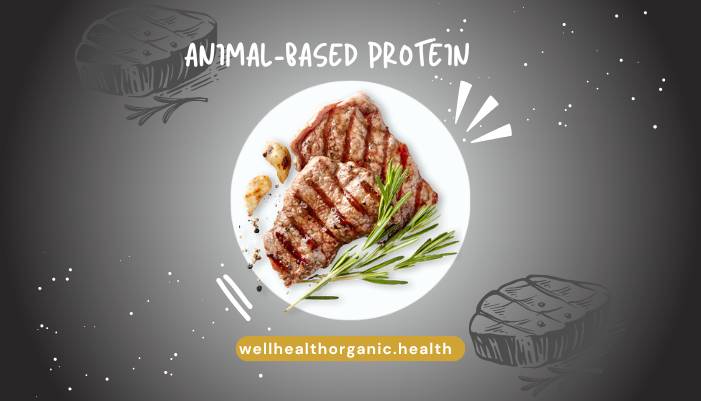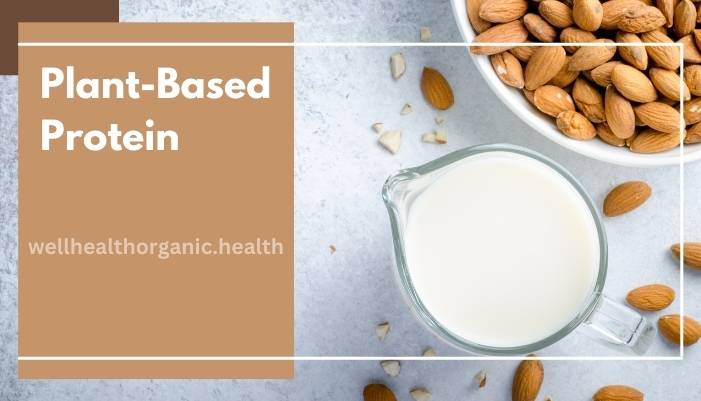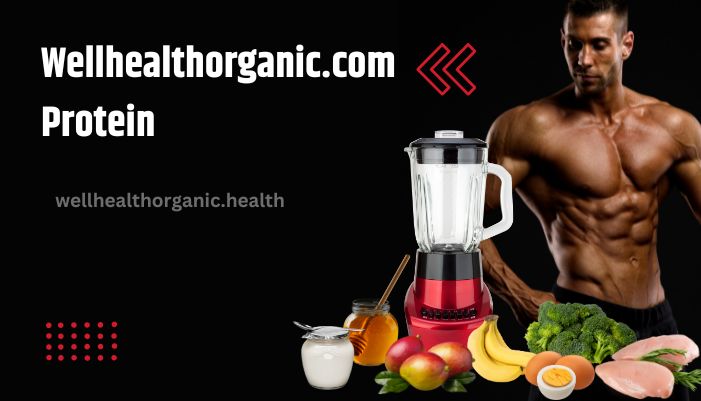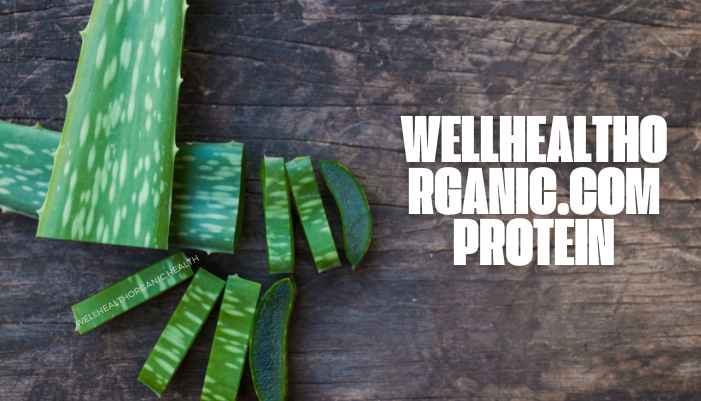Protein is a building block of life. It plays a vital role in our body’s structure, function, and overall health. Whether you’re a fitness enthusiast or just aiming for a healthier lifestyle, understanding protein’s importance is crucial.
Let’s dive deep into everything you need to know about protein, including plant-based options, and why your body can’t do without it.
Why Is Protein Important?
Protein is a macronutrient that supports almost every function in the body. Here’s why it’s so essential:
- Builds and Repairs Tissue
Protein is crucial for muscle growth and repair. It’s especially important after exercise or injury. - Supports Enzymes and Hormones
Enzymes and many hormones are made up of proteins, helping regulate processes like digestion and metabolism. - Boosts Immunity
Proteins are involved in creating antibodies, keeping your immune system strong to fight off infections. - Energy Source
While carbohydrates and fats are primary energy sources, protein steps in during intense activity or starvation.
Animal vs. Plant-Based Protein
You can get protein from both animal and plant sources, but each has unique benefits:
Animal-Based Protein

-
- Found in meat, fish, eggs, and dairy.
- Complete proteins with all nine essential amino acids.
- Ideal for building muscle and meeting higher protein needs.
Plant-Based Protein

-
- Found in beans, lentils, tofu, nuts, seeds, and whole grains.
- Often incomplete but can be combined (e.g., rice and beans) to form complete proteins.
- Rich in fiber and low in saturated fat, making it heart-friendly.
The Rise of Plant-Based Protein
Plant-based protein has gained popularity for its health and environmental benefits. Some excellent plant-based protein sources include:
- Quinoa: A complete protein that’s also rich in fiber.
- Chickpeas and Lentils: Packed with protein and easy to add to salads or soups.
- Tofu and Tempeh: Versatile options made from soy.
- Nuts and Seeds: Almonds, chia seeds, and hemp seeds are protein-rich snacks.
How Much Protein Do You Need?
The amount of protein you need varies depending on your age, activity level, and health goals:
- The average adult needs 0.8 grams of protein per kilogram of body weight daily.
- Athletes and those looking to build muscle may require up to 1.6-2.0 grams per kilogram.
- Pregnant or breastfeeding women also need more protein to support the baby’s growth.
Signs You’re Not Getting Enough Protein
A protein deficiency can lead to:
- Weakness and fatigue
- Muscle loss
- Slow recovery from injuries
- Hair loss and brittle nails
Conclusion
Protein is an indispensable part of a healthy diet. Whether you’re fueling your workouts, supporting recovery, or simply maintaining overall health, ensuring you get enough protein is key. Explore plant-based and animal-based options to find what works best for you.
Also Read About: Techleez
Techleez is an online platform dedicated to bringing you unbiased tech news, in-depth product reviews, and expert insights into the ever-changing world of technology. Whether you’re a seasoned tech enthusiast or just starting to explore the digital landscape, Techleez has something for you.



